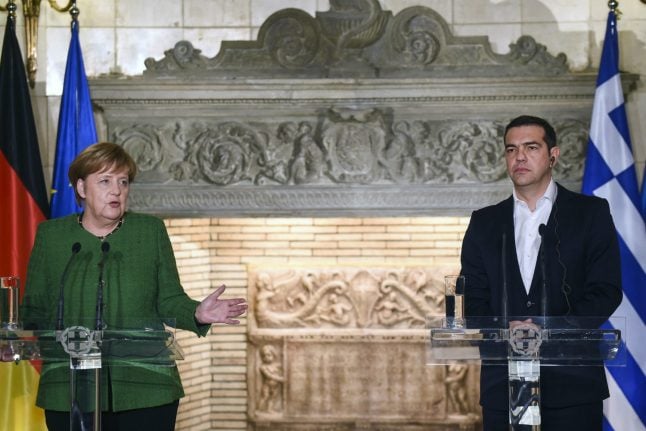A joint statement had been drawn up and was ready for the finance ministers to sign.
But Greek finance minister Yanis Varoufakis withdraw his support at the last moment, after six hours of negotiation, although he welcome the “good, comprehensive and constructive discussion”.
Now the ministers must continue their negotiations when they next meet on Monday, Dijsselbloem said.
Varoufakis said that he hoped a solution “optimal for Greece just as much as for our European partners” could be found at the next meeting.
Failure to reach agreement may cast a pall over a meeting of European heads of state and government in the European Council today when Dijsselbloem presents his report on the failed talks.
Council chief Donald Tusk said that the leaders would not go into the details of the Greek crisis, preferring instead to discuss Ukraine and the fight against international terrorism.
Greece is playing a dangerous game, as its current bailout arrangement will expire at the end of February and there is currently no plan to replace it.
The recently-elected left-wing Syriza government led by Prime Minister Alexis Tsipras wants to renegotiate the terms of its bailout and end the country's supervision by the so-called “Troika” of creditors – the European Central Bank, the International Monetary Fund and the IMF.



 Please whitelist us to continue reading.
Please whitelist us to continue reading.
Member comments